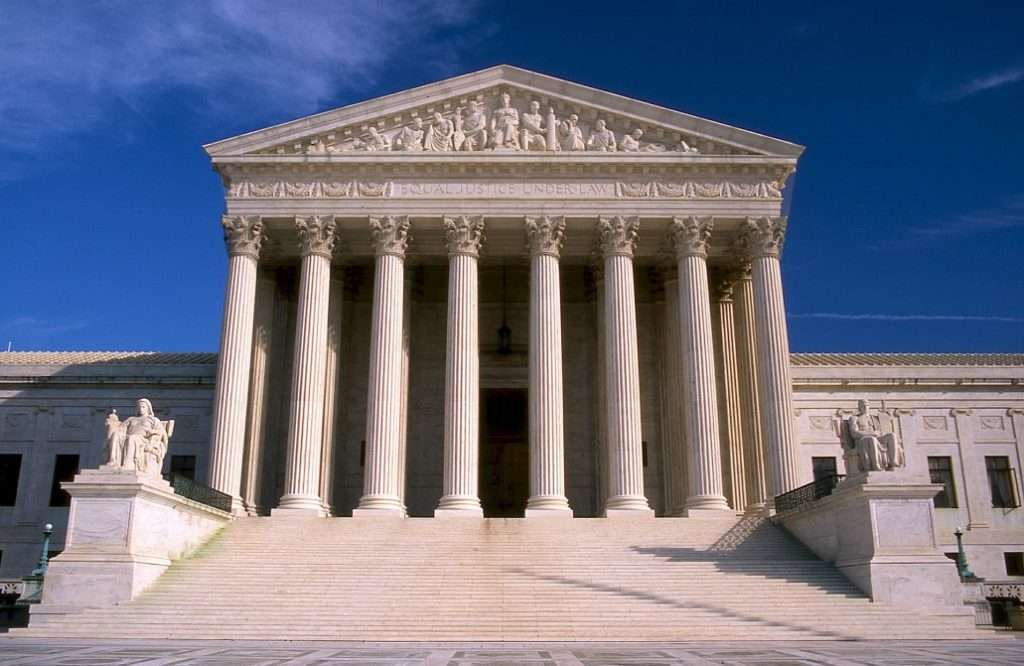South Carolina Probate and Surety Bonds

Quick Summary of South Carolina Probate and Surety Bonds
Probate bonds, also known as fiduciary bonds, are required by the South Carolina courts to protect any interested parties from loss resulting from a failure of the fiduciary to faithfully perform the duties and obligations required of them by law. The representative (executor, administrator, or guardian) is charged with a significant responsibility. They’re appointed to manage assets for an incompetent, minor, or estate.
Bonds are required by the South Carolina courts to provide protection for these assets. This person must have a record of being able to manage finances and have a good credit history. They have to faithfully perform the duties of the office of the representative according to the law. They don’t need to be a lawyer or accountant but must be able to manage the assets as prescribed by the court. This person must be credit worthy just as if they were applying for a loan of the same amount of the bond.
Surety Bond FAQ’s
1) What are the different types of probate bonds?
Guardian Bonds: guarantee that a guardian will faithfully and diligently administer a ward’s welfare, preserving the rights and assets of the minor or incapacitated person.
Administrator Bonds: are required to protect the administration of a decedent’s estate when the decedent has died without leaving a will.
Executor Bonds: are required to protect an estate against fraudulent activities of a fiduciary named by the decedent to administer the decedent’s estate.
Conservator Bonds: guarantee that a conservator will be responsible for the assets and finances of a minor or incompetent who is deemed fully or partially incapable of properly handling their finances.
Receiver Bonds: guarantee the faithful performance of a receiver’s duties as assigned by the court, which vary per case. A receiver is a person appointed by a court to secure the assets, property, and control of a company or entity that is a party to a lawsuit pending final decision.
Trustee Bonds: guarantee the performance of a person appointed to administer the trust and/or assets of an individual or of a business.
2) Our most common probate court surety bonds:
- Administrator bonds
- Executor bonds
- Conservator bonds
- Guardianship bonds
3) What do these bonds do?
Court Surety bonds essentially guarantee proper performance. Each South Carolina jurisdiction may use different terms for this type of bond. Such as estate bond, fiduciary bond or probate bond. Despite the term, the purpose of the bond is the same — to protect the estate and the heirs to the estate.
4) Is a probate surety bond protection for me the executor or guardian?
No. As the executor or guardian, you are provided no protection by the bond. The estate and heirs are protected.
5) How much does it cost?
Cost of court surety bonds mainly depend on the size of the estate, duration of the estate, along with the conditions surrounding the estate. The premium will also vary depending on the personal credit of the applicant, executor, or guardian.
6) How do I close my probate bond?
A probate bond can not be canceled by the surety company or the executor/guardian without a court order. The bond can only be closed when the probate matter is closed by an order of discharge from the probate court.
7) Why should I use Livingston Insurance Agency for my bond?
Livingston Insurance Agency is one of the oldest family owned insurance agencies in the Midlands of South Carolina. We’ve been handling all types of surety bonds for over 40 years. Besides just check out what our clients think of us… TESTIMONIALS
Five Fast Facts
- The Average Premium for a Court Surety Bond is under $1,000 Annually
- Premiums are reimbursable from the estate/assets.
- Underwriting is largely dependent on Personal Credit Scores of the executor/guardian, but the use of a lawyer can be a significant underwriting factor in borderline cases
- South Carolina judges, especially in the Midlands, have been known to waive the Bond Requirement for qualified individuals
- Use of a surety bond can be a big leveraging tool in court for contested assets, such as in the case of Conversatorships.
For more information, contact the estate’s attorney or Livingston Insurance Agency at 803-791-1120.

